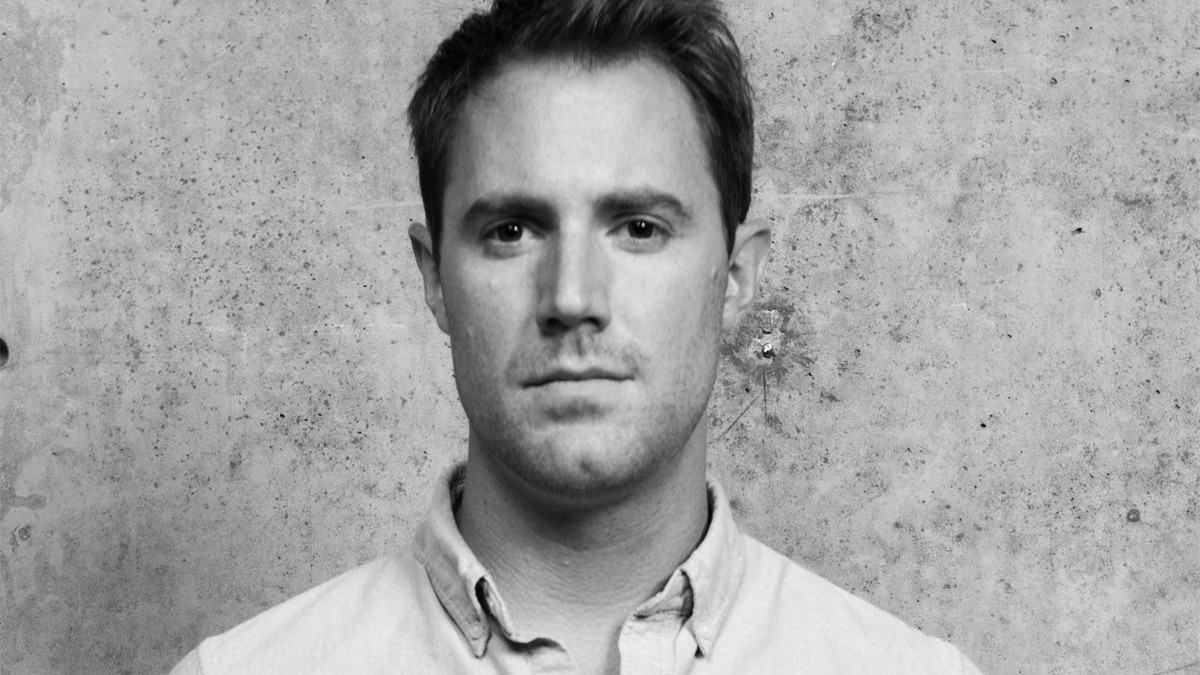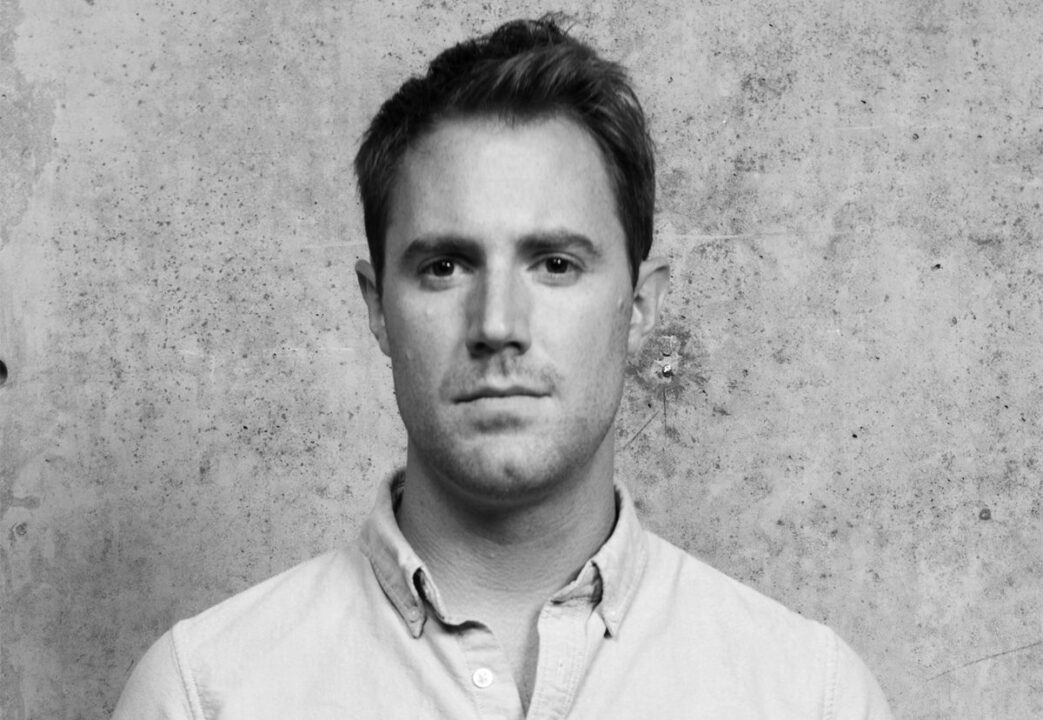While he may not be as recognizable a household name as the filmmakers he collaborates with, I can almost certainly guarantee that you’ve heard Keegan DeWitt‘s work before.
A staple in the independent film world, his musical talents have been featured in the films “Hunter Gatherer,” “Land Ho!,” “Listen Up Philip” and many, many more. Most recently, DeWitt had four projects premiere at the 2017 Sundance Film Festival, making him one of indie cinema’s most in-demand musical composers.
It must have been quite a surreal experience, and major validation as an artist, to have “Newness,” “The Incredible Jessica James,” “Golden Exits,” and “The Hero” screen at the festival. How difficult was it for you to juggle each of the film’s distinctive styles while in production?
It was definitely a bit hectic, but in many ways, it can be refreshing. It’s always nice to be able to jump from one world to another. If you’re running out of gas on one thing, or no inspired ideas are hitting, you can sort of pivot and try and jump into something else. It’s obviously not always that simple, but I enjoy the challenge of it.
How important is a composer’s job in relation to the film as a whole
I think it always depends, but obviously, it can be a very large part. The joy of composing– if you approach it as a filmmaker more than just a musician– is that you get to speak the unsaid and sort of be the air in the room. You get to hint at the intangible that is just slightly hidden. That sort of poetic beauty is what drove me to fall in love with composing. Walker Percy once referred to the idea of the “sad little happiness” and I always felt like that term pinned perfectly what I aim for as a composer. That quiet spark somewhere just beneath the surface. It’s something Chekov mastered in many ways… there is an entire tectonic emotional world just beneath the surface, and often, the music can be the voice to that.
Has music always been a fascination to you?
As I grew up, music was almost like my way of journaling. I grew up in Portland, OR and was obviously inspired by Elliot Smith, who was very active there at the time. His entire aesthetic sorta taught me about the world of 4-track cassette recording. I would sit up in my room all night long and just layer track on top of track, building these little sketches. Sort of like how someone else might draw or keep a diary, I was doing that with music.
My real driving desire growing up was to make films, so music was always a sub-current to that; I was sort of a lover of films and plays first. When those two worlds melded, it became something interesting because it made it so that I approached film composing almost as though I was a filmmaker. It was easy to put aside my musical conceits and dig towards what was behind an actor’s eyes or what was playing in the light that a cinematographer had so elegantly placed in the frame.
Walker Percy once referred to the idea of the “sad little happiness” and I always felt like that term pinned perfectly what I aim for as a composer.
[soundcloud url=”https://api.soundcloud.com/users/3175497″ params=”auto_play=false&hide_related=false&show_comments=true&show_user=true&show_reposts=false&visual=true” width=”100%” height=”450″ iframe=”true” /]
Musically, one of the most distinctive moments for me was the opening scene of “The Incredible Jessica James,” when Jessica Williams dances throughout the film’s opening credits and ends up on the roof of her NYC apartment. What was your inspiration going into the composition of that scene?
That was something from the very early stages that I knew Jim wanted to do. We had talked general overall sound stuff, and it all sorta branches out from there… this feeling of the Daptones meets Mark Ronson meets breakbeat vinyl cuts meets something else… I did a ton of processing on everything to really make it feel like a live vibrant take printed to vinyl.
Any unique tricks or techniques you used in the films?
Well, I definitely processed it much more like it was a pop recording versus a score. With a score, you almost never process the final stereo signal, but I was constantly shoving entire mixes through cassette tape players and old compressors and finding different ways to distort and age stuff. We wanted everything to feel like it could be a real album cut that we synced off of vinyl.
Like good editing, the best jobs often go unnoticed. It’s subtle, yet makes a huge impact on a film’s overall reception. Is this something you acknowledge in your work?
I think it varies based on the film obviously. Like you said, this film begins with a pretty big musical moment. It’s actually similar in some ways to another film I did, “Morris From America,” where if I’m doing my job right, you almost don’t realize it’s custom score, you think it’s a sync source track. With both “Morris” and this film, we almost wanted to trick people into thinking it had the best soundtrack ever, even though it was score made custom for this film.
…I approached film composing almost as though I was a filmmaker.
That said, do you ever feel like your work goes unrewarded at times?
No, I very rarely feel that way. If anything, you sometimes feel like you wish you could have pushed it to be edgier or more experimental, or perhaps there was a cue you did that you really fell in love with that didn’t make the cut. It’s more that than anything. There have been a few projects where I’ll come up with a bunch of ideas and then it [ultimately] ends up sounding like a safer version of things. Not always bad, though. Sometimes the director is very right, simpler is better.
Where do you feel like you do your best work; your most inspiring environment?
Sometimes it’s a new instrument. You sit down, play a couple notes and you know… there is an entire film score in there. Sometimes it’s the excitement of a new collaborator. Working with Alex Ross Perry for the first time on “Listen Up Philip,” I was just really thrilled to be teaming up with him and Jason Schwartzman and that alone really carried a lot of the weight.
Who are a couple of your favorite artists, past and present?
Separate from the film world, I love WARPAINT and Little Dragon. I listen to them more than most other things just to clear out my brain and ears.
As well as successfully working as a film composer, which has garnered an Academy Award among other prestigious titles, I hear you’re also a Portland Trail Blazers fan. What other passions do you have aside from music?
Every July my world pretty much shuts down because of the Tour de France, I’m avid cycling fan as well.
Morgan Rojas
Certified fresh. For disclosure purposes, Morgan currently runs PR at PRETTYBIRD and Ventureland.



